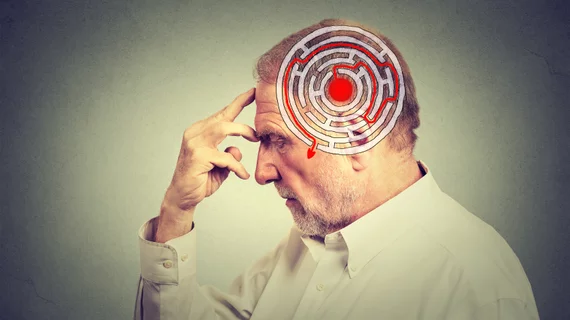Las Vegas trial takes new approach for studying Alzheimer’s, Parkinson’s
A one-of-a-kind trial is underway testing the GE180 radioactive tracer in humans to potentially better understand the root causes of Alzheimer’s and Parkinson’s disease, the Las Vegas Review-Journal reported.
Aaron Ritter, MD, of the Cleveland Clinic Lou Ruvo Center for Brain Health in Las Vegas received FDA approval for his project, which will utilize brain scans to determine if inflammation is a possible factor in the development of the neurodegenerative diseases. It’s part of a larger study funded by the National Institutes of Health’s COBRE study.
Typically, research into understanding Alzheimer’s and Parkinson’s has focused on inflammation after development of the disease, but Ritter’s trial will scan the brains of 70 living patients with and without one of the diseases to track the progression of inflammation over the course of a year, according to the report.
“It’s been, you know, 20, 30 years of trying to find medicines that slow or stop the disease, and we just haven’t gotten there yet,” Ritter said to the Las Vegas Review. “We need new approaches, so this is kind of a different approach.
Read the entire story below.

